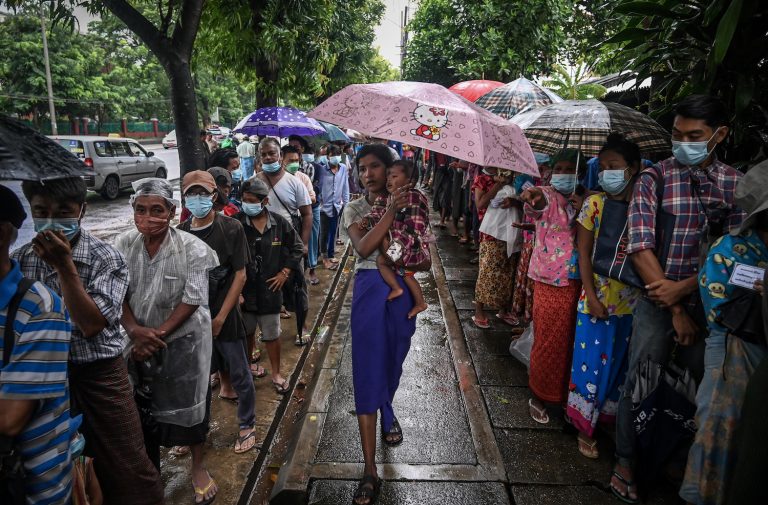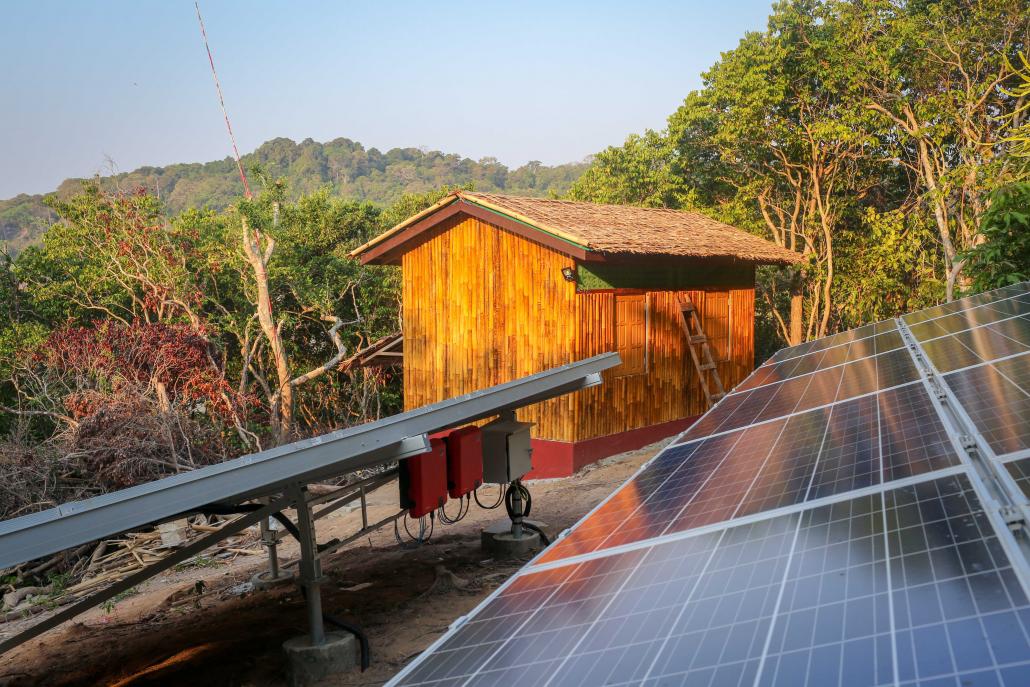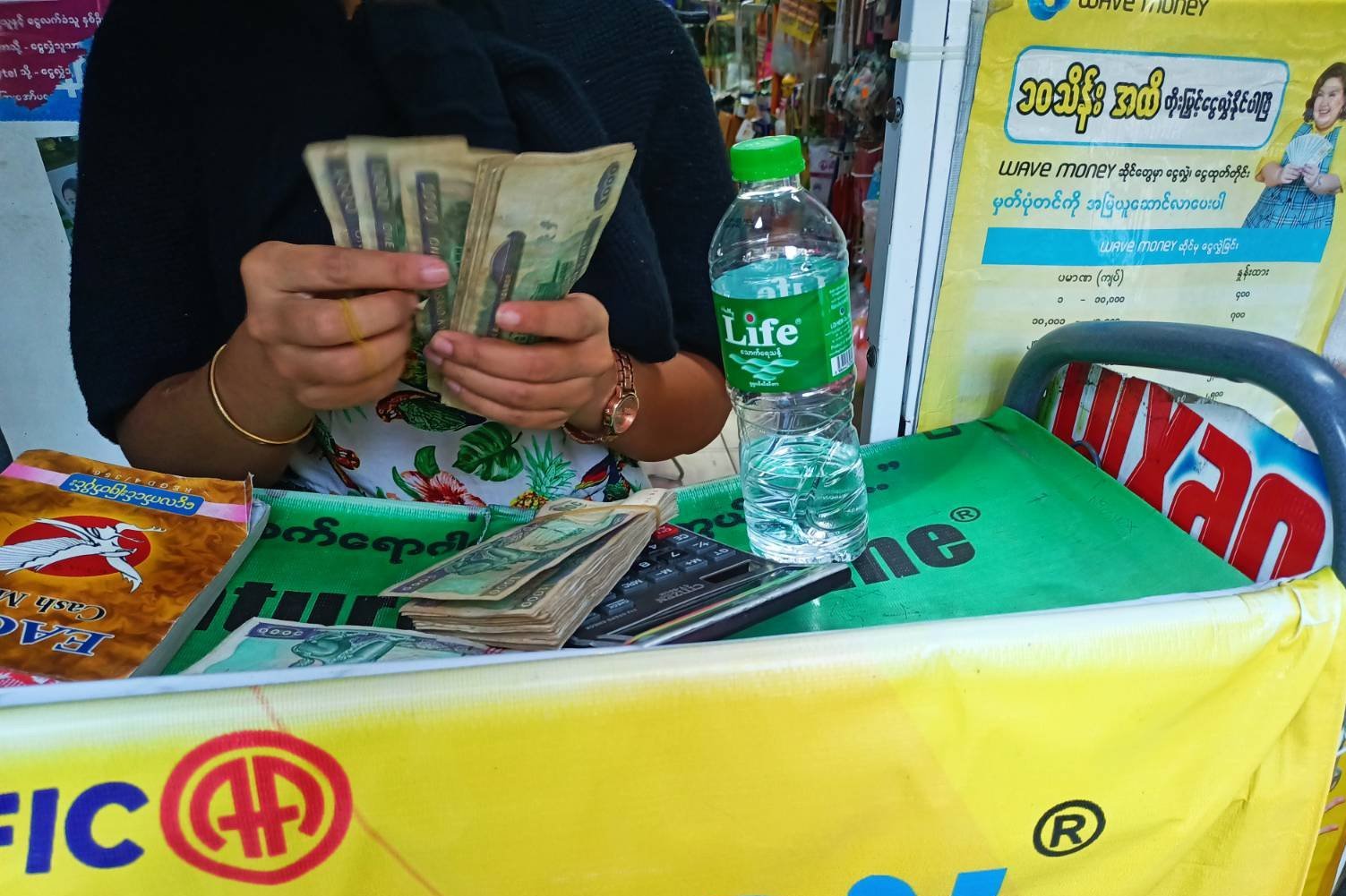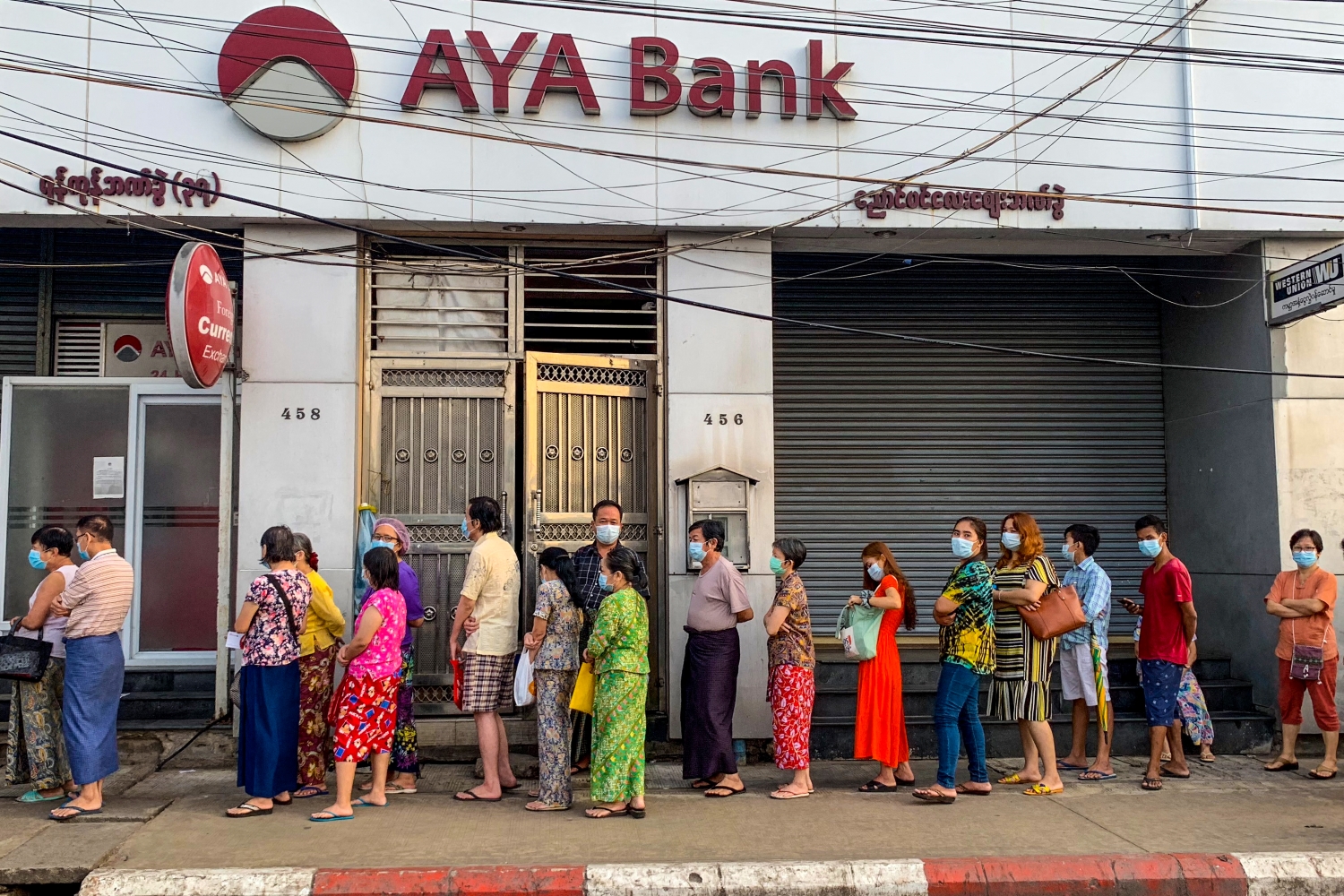Digital payment solutions are an ideal, cost-effective way to enable rural households to access reliable solar power.
By ELISA MINISCHETTI & BILL GALLERY | FRONTIER
SINCE REFORMS began in 2011, Myanmar has become one of the fastest-growing developing markets in Asia. Growing access to communications technology – SIM cards, fast data coverage and cheap smartphones – is helping fuel this growth.
The promising gains in connectivity mean there is vast potential for innovative solutions aimed at including the 80 percent of people who are outside the formal financial system. But digital financial services via mobile technology – also known as financial technology, or fintech – can do more than make financial transactions safer, quicker and more efficient. They can also serve as the rails upon which new, life-enhancing services can flourish and benefit the people of Myanmar.
Myanmar is a clean slate to advance financial inclusion through financial services delivered via mobile technology. There are several factors that deter uptake of formal financial services, including the banking crisis in 2003, the lengthy process of opening accounts and doing basic transactions, and the lack of banking infrastructure, particularly in rural areas. As a result, Myanmar is still heavily cash reliant, and informal ways to transfer money are dominant.
But unclear regulations and a lack of digital and financial literacy among consumers has slowed development of Myanmar’s digitial financial services landscape.
Riding the DFS rails
Support more independent journalism like this. Sign up to be a Frontier member.
Digital financial services via mobile technology can do more than make financial transactions safer, quicker and more efficient. It can also help spur the growth of other sectors, such as clean energy, through the pay-as-you-go model.
The PAYG model has enjoyed tremendous success in Africa and allows customers to have a solar system in their home and pay for it in installments. Technology built into the system ensures that it won’t function if a payment is not made, giving operators and lenders confidence that they will be able to recover their investment. This, in turn, allows customers to access financing that would not otherwise be available, and increases the affordability of quality off-grid solar solutions.
The rise of the home solar market and innovative business models such as PAYG are indicative of the fact that companies increasingly see climate change as a business opportunity in emerging markets. The East Asia and Pacific region is a major driver in global growth of demand for climate smart technologies, according to a new report, “Creating Markets for Climate Business”, that was published by the International Finance Corporation, part of the World Bank Group. The report identifies off-grid solar and energy storage as one of seven industry sectors that are attractive to private investors. In fact, investment in off-grid solar and energy storage was US$2.5 billion in 2016 and is expected to reach $23 billion a year by 2025, thanks to new business models like PAYG and innovative finance solutions.
Lighting up Myanmar with PAYG
For remote communities and low-income customers in Myanmar, PAYG solar could offer an alternative to traditional forms of electrification, and provide a more efficient and affordable means of accessing clean and reliable electricity. Two-thirds of the country lives in off-grid areas, with more than five million households relying on candles, kerosene, batteries and diesel generators. These households spend substantial amounts on energy services – about $19 million per month on lighting alone in central Myanmar, according to IFC estimates. The government, in conjunction with the World Bank Group and other development partners, has committed to achieving universal access to reliable electricity by 2030, and launched the National Electrification Plan to achieve that through a combination of grid extension and off-grid solutions, including PAYG.
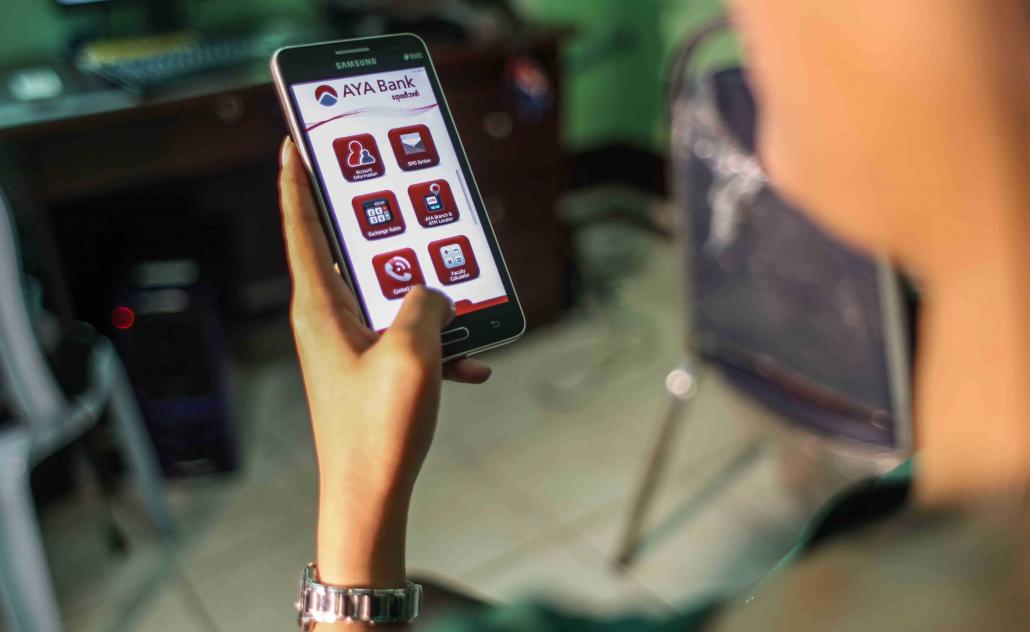
With just 20 percent of Myanmar adults using the formal banking system, there are significant opportunities to advance financial inclusion through services delivered via mobile technology. (Supplied)
To date, only a few companies are offering PAYG solar model solutions on a pilot basis in Myanmar, but they show great potential. With support from IFC’s Lighting Myanmar programme, companies like Greenlight Planet and SolarHome have started operations in Ayeyarwady, Bago, and other regions of the country, and are quickly learning about the products and services that customers are demanding. In July, Greenlight Planet opened the first store in Myanmar providing PAYG solar products. In August, SolarHome raised $625,000 to scale up its Myanmar business, and in October secured its first debt funding, showing the confidence investors have in this emerging business model.
Challenges and opportunities
The potential market in Myanmar is large. But, to scale up, operators must overcome the hurdle of collecting customer payments efficiently. To date, PAYG operators in Myanmar have relied on an ad hoc set of payment solutions, including cash collection, scratch cards, and partnerships with mobile operators to use mobile phone airtime. However, these solutions are fragmented and involve high labour costs or high fees, which limit expansion of the PAYG model.
In contrast, in countries like Kenya and Tanzania, the widespread use of digital financial services has been a key enabler for the PAYG solar market. In both countries, households have benefited from receiving home solar services via a mobile-enabled PAYG solar model. People can make payments via their smartphone, which saves travel time and helps track the payment in a reliable way.
Solar companies can take advantage of digital financial services to minimise the cost of collections by automating the receipt of payments, helping them to scale up services more quickly. Similarly, PAYG can also spur more clients to use digital financial services, especially in rural areas.
Additionally, credit scoring based on digital financial services data can allow PAYG providers to get accurate insights into customers’ future ability to repay for other products. Towards the end of their payment term, customers with positive credit ratings could have the opportunity to access more sophisticated products such as smartphones, cook stoves and water pumps. In less advanced digital financial services markets, such as Myanmar, airtime-based credit scoring can be an alternative way to assess clients’ creditworthiness. In Nigeria, for instance, Lumos successfully used MTN customer airtime credit as an alternative means to collect payments for its energy services.
The growth potential of PAYG solar models is intertwined with that of digital financial services technologies, which can serve as the rails on which PAYG can flourish. In Myanmar, both these technologies are just getting started, but we believe there is tremendous potential for the financial sector and financial services players to be game-changers by enabling technology to improve people’s lives.



